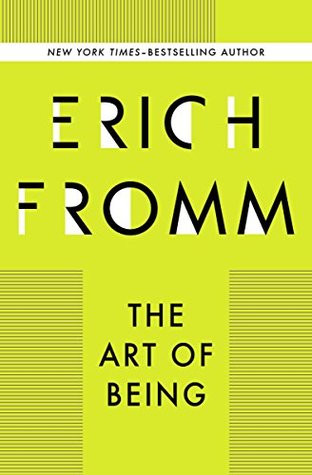the nineteenth century those who ruled exercised overt, direct authority: kings, governments, priests, bosses, parents, teachers. With changing methods of production, particularly the increasing role of machines, and with the change from the idea of hard work and saving to the ideal of consumption (“happiness”), overt personal obedience to a person was substituted by submission to the organization: the endless belt, the giant enterprises, governments which persuaded the individual that he was free, that everything was done in his interests, that he, the public, was the real boss.
Welcome back. Just a moment while we sign you in to your Goodreads account.


